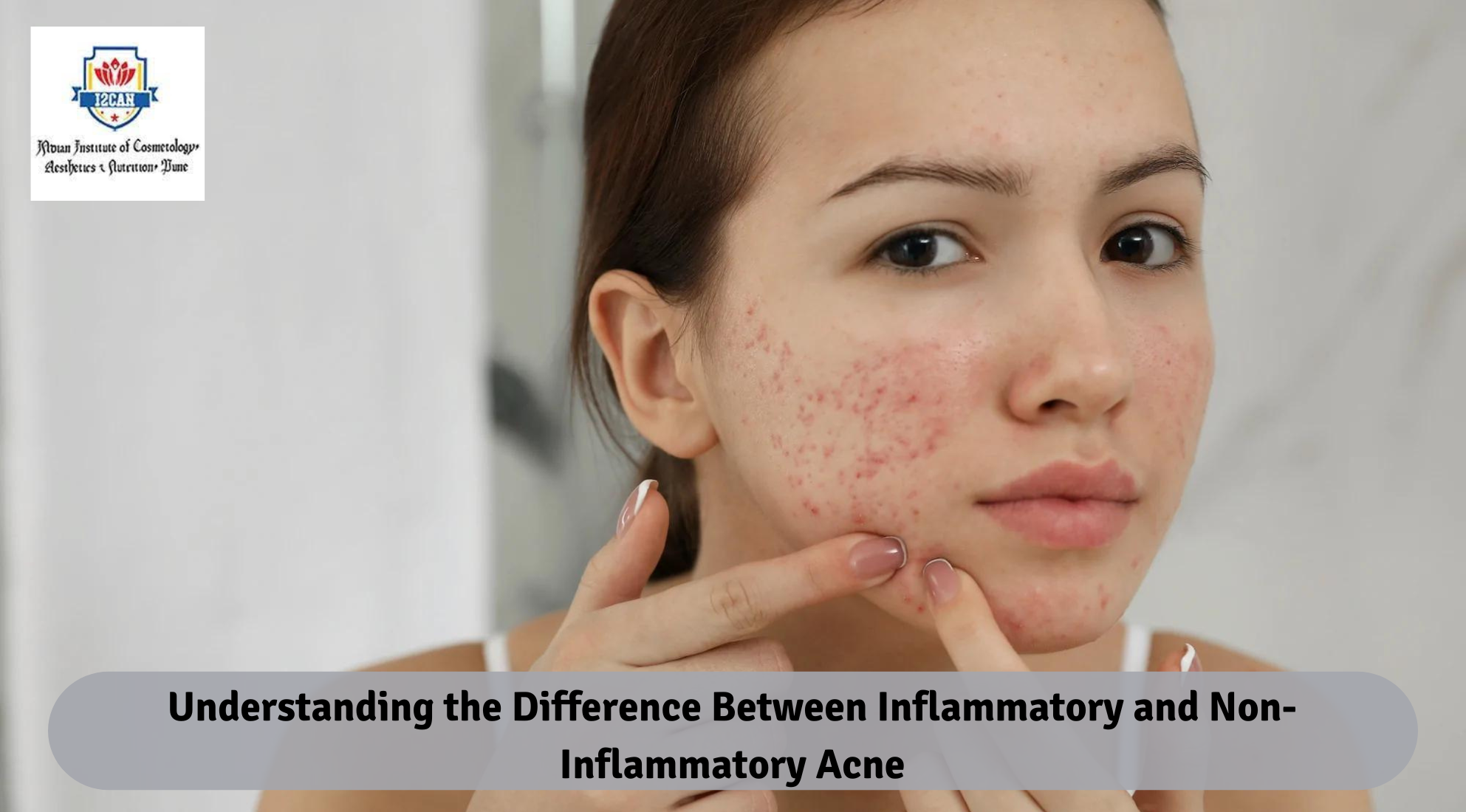Acne is a common skin condition that affects millions of people worldwide, and it can manifest in various forms. One crucial distinction within the realm of acne is between inflammatory and non-inflammatory acne. While both types can be frustrating, understanding their differences is key to effectively managing and treating them.
What is Inflammatory Acne?
Inflammatory acne occurs when bacteria, sebum, and dead skin cells become trapped within the pore and become infected. This leads to a cascade of inflammatory responses by the body’s immune system, resulting in the characteristic symptoms associated with this type of acne.
Symptoms of Inflammatory Acne:
- Painful and tender to the touch
- Redness around the affected area
- Swelling
- Presence of pus-filled lesions, such as pustules, papules, and cysts
- Lesions may appear yellow, white, or red at the center
Treatment for Inflammatory Acne:
- Benzoyl peroxide: Kills bacteria and reduces inflammation
- Sulphur: Helps to unclog pores and reduce oiliness
- Niacinamide: Reduces inflammation and helps to regulate sebum production
- Retinol: Promotes cell turnover and prevents clogged pores
- Salicylic acid: Exfoliates the skin and unclogs pores
- Glycolic acid: Helps to exfoliate and improve skin texture
What is Non-Inflammatory Acne?
Non-inflammatory acne, on the other hand, typically occurs when sebum and dead skin cells become trapped within the pore without any bacterial infection. This type of acne tends to be less severe and is characterized by the absence of significant inflammation.
Symptoms of Non-Inflammatory Acne:
- Lesions are not as painful as inflammatory acne
- Minimal or no redness around the affected area
- Lesions are not typically swollen
- Presence of non-inflamed lesions, such as blackheads and whiteheads
Treatment for Non-Inflammatory Acne:
- Salicylic acid: Helps to exfoliate and unclog pores
- Niacinamide: Regulates sebum production and promotes skin barrier function
- Retinol: Stimulates cell turnover and prevents pore blockages
- Bentonite clay: Absorbs excess oil and impurities from the skin
- Glycolic acid: Exfoliates and improves skin texture
- Kaolin clay: Soothes irritation and reduces excess oil production
Conclusion:
Inflammatory and non-inflammatory acne may present differently in terms of symptoms and require tailored treatment approaches. Understanding these distinctions can empower individuals to choose the most appropriate skincare regimen for their specific needs. Remember, consistency and patience are key when treating acne, and consulting with a dermatologist can provide personalized guidance for optimal results.

